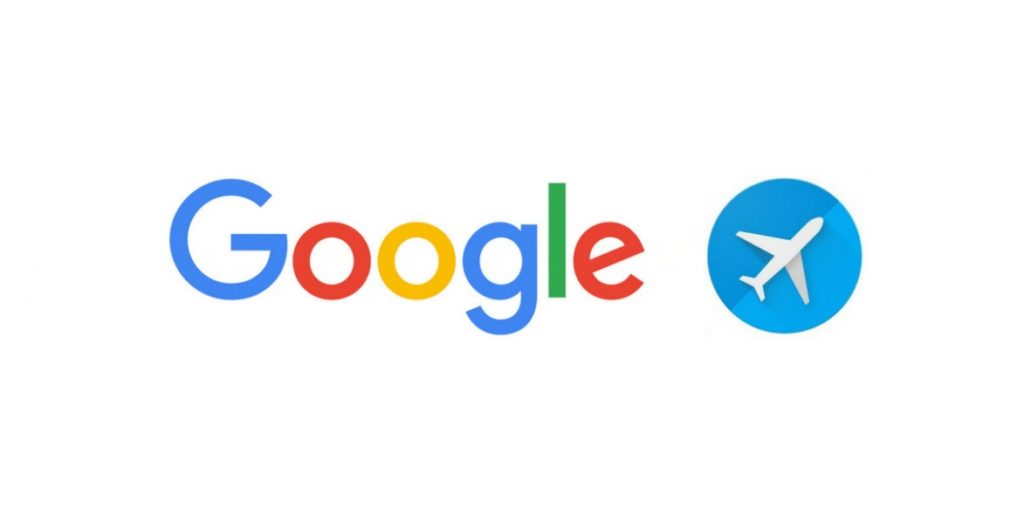No longer will you see referral fees from partners in flight searches, as Google finds a way to highlight price and convenience in rankings.
Google said in January 2020, it will “no longer charge partners for referral links on Google Flights.” This has led to the company removing the “ads” and “sponsored” labels from Google Flights and the flights unit in Google search results.
Results will be ranked according to price and convenience. A Google spokesperson said in an email that flight search results have been and will continue to be ranked on the basis of price and convenience (i.e., flight duration, number of stops, layovers, etc.). Their explanation is that compensation from the airline and travel partners historically has not impacted rankings. The “ads” and “sponsored” links were actually required because Google took in booking referral fees from some airline partners. Any failure to be transparent about this would have run contra the FTC disclosure guidelines.
Ad labels will soon disappear. You will find below two examples of the current ad labeling in Google search results and in Google Flights, both of which will soon go away.


Disrupting established players. A decade ago, Google acquired travel reservations platform ITA Software for around $700 million. At the time of the purchase, then Google CEO Eric Schmidt said that the company sought to intensely integrate the ITA software and data to develop original and improved travel search experiences.
Ten years later, after considerable trial and error and product iterations, Google is debatably delivering on that promise with richer hotel and flight search results and booking experiences. Google declined to provide information about travel usage or bookings, but said via a spokesperson that the company is “happy with user engagement on Google Flights.”
These actions are having a concrete impact on incumbent online travel agencies such as Expedia that now consider Google as its largest competitor. Also, TripAdvisor is “cutting hundreds of jobs” in response to the Google competition, according to a report from Bloomberg.
Why you should care?
Spending on holiday and business travel is a more than $1 trillion market according to the U.S. Travel Association. The mandatory work travel budgets for many industries is also enormous. Most importantly, digital advertising in the travel vertical is now approaching $10 billion. Google is absolutely targeting a capture of more of those travel ad dollars, in part by making itself a preferred travel destination with better tools and — you guessed it, content. For many travel marketers that means stepping up Google My Business participation. As a practical matter, it also means more paid search advertising for travel incumbents and most others in the travel vertical. Paying for a piece of this extremely ginormous pie could be worth its weight in gold.

